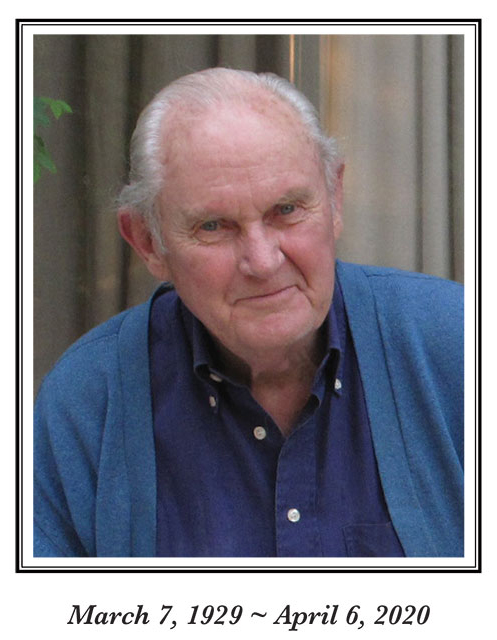William R. Polk is a graduate of Harvard University (B,A. and Ph.D.) and Oxford University (B.A. and M.A.). He also studied at the Universidad Nacional de Mexico, the Universidad Nacional de Chile, the University of Baghdad and the American University of Beirut.
Dr. Polk taught history and Arabic language and literature and helped to found the Center for Middle Eastern Studies at Harvard University from 1955 to 1961 when President Kennedy appointed him the Member of the Policy Planning Council responsible for the Middle East, Central Asia and much of Africa. On the Council, he also dealt with a number of special issues including development, refugees and cultural exchange. And there he was the head of various interdepartmental tasks forces on foreign affairs including efforts to end the Algerian war, the revision of American relations with Turkey and the Palestine problem. During the Cuban Missile Crisis, he served as one of three members of the Crisis Management Committee. During this period he was asked to become Deputy Commissioner General of UNRWA.
In 1965, Dr. Polk resigned from government service to become Professor of History at the University of Chicago. There he established the Center for Middle Eastern Studies and was a founding director of the American Middle Eastern Studies Association.
In 1967 he became the founding director (later President) of the Adlai Stevenson Institute of International Affairs which, among other ventures, hosted the 20th Pugwash Conference on nuclear weapons and did much of the planning for the United Nations Environment Program.
He was called back to the White House briefly during the 1967 Middle Eastern war to write a draft peace treaty and to act as assistant to the former Director of the National Security Council and then the President's special assistant, McGeorge Bundy. In 1970, at the request of Israeli Prime Minister Golda Meir he successfully negotiated with President Nasser of Egypt a ceasefire on the Suez Canal.
Born in Fort Worth, Texas, he grew up there and on a nearby ranch. He attended public school in Fort Worth and, during the Second World War was trained for the cavalry at the New Mexico Military Institute. After the war ended, he worked on a newspaper in Rome before entering college.
He was awarded four Rockefeller Foundation, one Ford and one Guggenheim fellowship and, during his time in government, he received a commendation from the Department of Defense and the Medal of Honor from the Kingdom of Afghanistan.
Dr. Polk has traveled extensively throughout Latin America, Asia, Africa and Europe and speaks several of he languages of those areas.
He has written a number of books (some of which are listed under "Books") and has served on the boards of various foundations and businesses. In addition, he has acted as an advisor to the chief executives of a dozen major corporations.
Dr. Polk has lectured in over a hundred universities, including Harvard, Brandeis, Yale, Princeton, Columbia, Johns Hopkins, Chicago, Northwestern, SMU, Texas, UCLA, Berkeley, the University of Colorado, and research institutions including The Council on Foreign Relations, the Canadian Institute of International Affairs, the Royal Institute of International Affairs (Chatham House), Brookings, and the Soviet Academy of Sciences.
In addition he has appeared frequently on radio and television programs including CBS, ABC, PBS, BBC, Channel 24 (Paris) and a large number of local stations. He has also spoken to many public affairs groups, clubs and civic organizations.

